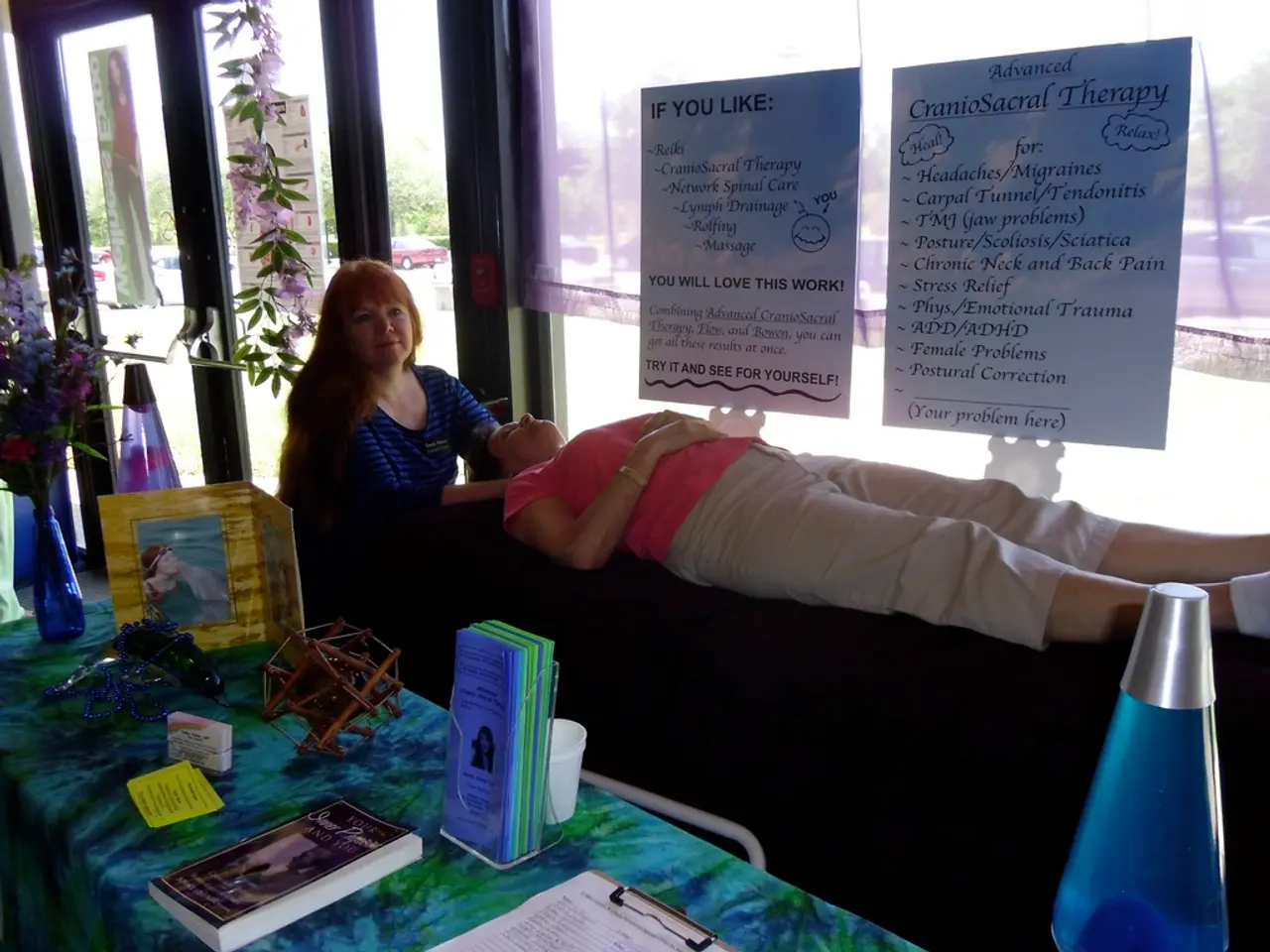Cancer Patients Often Battling Depression: Strategies for Managing Emotional Struggles
In the face of a cancer diagnosis, it's natural to experience a range of emotions. From feelings of sadness and emptiness to worries about the future, dealing with these emotions can be overwhelming. It's essential to seek help if you or a loved one are experiencing symptoms of depression or anxiety.
Depression symptoms may include feelings of sadness, emptiness, or hopelessness, loss of interest or pleasure in things, trouble thinking or concentrating, high levels of fatigue, slowed thinking, movements, or speaking, nausea, stomach pains, or digestive problems, changes in mood, sleep disturbances, and potential suicidal thoughts. If you or someone you know is experiencing these symptoms, it's crucial to reach out for help. You can call 911 or your local emergency number if the person is at immediate risk of self-harm or hurting another person. Alternatively, you can get help from a crisis or suicide prevention hotline such as the National Suicide Prevention Lifeline at 800-273-8255.
Anxiety is also common in people living with cancer. Symptoms of anxiety may include feelings of fear, worry, restlessness, rapid heart rate, rapid breathing, and difficulty concentrating. Anxiety can develop into panic attacks, characterized by an increased heart rate, shortness of breath, feelings of numbness, dizziness, and lightheadedness, hot flashes or cold sweats. If you are experiencing anxiety, it's important to seek help.
The Bayerische Krebsgesellschaft e.V. offers professional psychosocial cancer counseling and support for people with cancer who face depression and anxiety. They provide personal, telephone, and online assistance, as well as self-help groups. NewLifeOutlook aims to empower people living with chronic mental and physical health conditions, encouraging them to embrace a positive outlook and offering practical advice from people with firsthand experience.
Avoiding the issue of depression or anxiety, misleading others about your mental state, and relying on alcohol or other substances for coping are not effective strategies. Instead, it's helpful to accept your feelings and behaviors, talk to loved ones or a therapist about your thoughts and feelings, and concentrate on your physical health.
It's important to remember that cancer affects both physical and mental health. Approximately 1 in 4 people with cancer experience clinical depression. Dealing with depression and anxiety during cancer treatment can be overwhelming, but seeking help can make a significant difference.
Cancer may bring challenges, but with the right support, it's possible to navigate through these difficult times. If you or someone you know is struggling, reach out for help today. Your mental health is just as important as your physical health.




